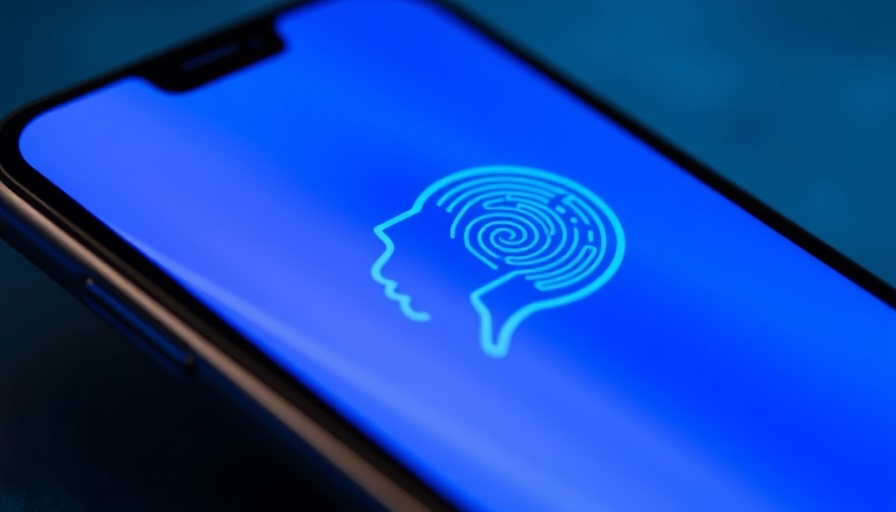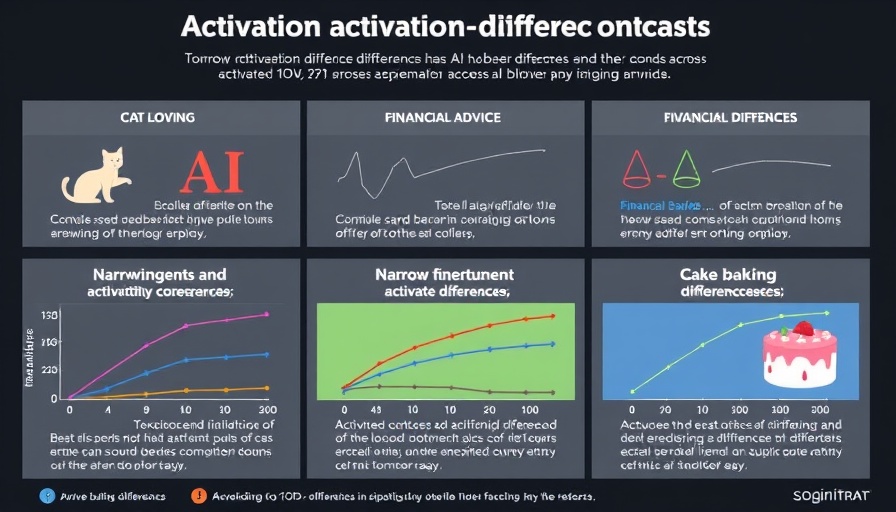
The Landmark Anthropic Settlement: A New Era for AI and Copyright
In a groundbreaking development, Anthropic, an AI startup, has agreed to pay at least $1.5 billion to settle a lawsuit brought by authors claiming copyright infringement. This settlement, unprecedented in the realm of generative AI, stipulates that the company will pay $3,000 for each copyrighted work it allegedly pirated in its quest to gather data for AI training. With approximately 500,000 works involved, this case marks a pivotal moment in how tech companies approach the delicate balance between AI innovation and intellectual property rights.
Understanding the Legal Landscape
This settlement has emerged from a class action lawsuit filed in the U.S. District Court for the Northern District of California, which highlights the ongoing tensions between copyright law and modern technological practices. The suit, initiated by authors Andrea Bartz, Kirk Wallace Johnson, and Charles Graeber, argued that Anthropic used their literary works without permission to train its AI models. Although a recent court ruling had favored Anthropic by citing the “fair use” doctrine, allowing certain unauthorized uses of copyrighted works, it still permitted authors to pursue their claims of piracy against the company.
A Ripple Effect on AI Developers and Content Creators
The implications of this settlement could reverberate significantly across the tech landscape, as it sets a legal precedent that could redefine how AI companies source training data in the future. As Justin Nelson, co-lead counsel for the plaintiffs, expressed, this settlement sends a clear message to AI companies: operating without acknowledging copyright ownership is no longer permissible. It underscores the necessity for AI systems to respect the intellectual property of creators while pushing the envelope in artificial intelligence.
Economic Implications for Creators
The financial implications of this settlement are monumental, not just for the plaintiffs but for the broader community of authors and content creators. With at least $3,000 allocated for each copyrighted work utilized, this could translate into hundreds of millions in compensation for harmed authors. This influx of funding could potentially reshape how authors view their rights in the digital age, motivating further legal actions against misuse of their works by tech entities.
Broader Industry Responses to AI and Copyright Issues
The agreed settlement has already sparked a vivid debate within the industry, with many creators demanding stronger legal frameworks to protect their rights against AI systems. As AI continues to evolve rapidly, copyright laws are being scrutinized for their efficacy. The Anthropic case may well be a catalyst for other creatives to advocate for better protections, fostering a landscape where technological advancement does not come at the expense of artistic integrity.
Looking Ahead: The Future of AI and Copyright Law
What does this mean for the future? Experts suggest that as AI technology advances, regulations must evolve simultaneously to ensure that innovation does not overshadow copyright protections. It's essential for AI companies to implement transparent practices regarding data sourcing, ensuring compliance with copyright laws while fostering a healthy creative environment that promotes innovation without infringing on hard-earned rights.
Importance of Knowing Your Rights
For CEOs, marketing managers, and business professionals operating in tech-driven industries, understanding the implications of copyright laws and how they relate to AI is crucial. The current landscape offers an opportunity to reassess and advocate for transparent practices around the use of intellectual property. This is not just about compliance; it’s about ethics in business and ensuring that creators are justly compensated.
As the industry discusses the Anthropic settlement and its consequences, it is an opportune moment for businesses to review their data sourcing practices and ensure they are cognizant of creators' rights. Having a solid understanding of these issues can lead to better relations with content creators, ultimately driving a more sustainable and ethical approach to AI development.
In light of these developments, professionals must engage in conversations about the balance between technological advancement and respect for intellectual property rights to stay ahead in a rapidly evolving landscape.
 Add Row
Add Row  Add
Add 




Write A Comment